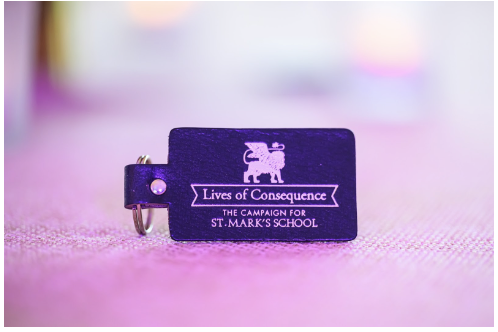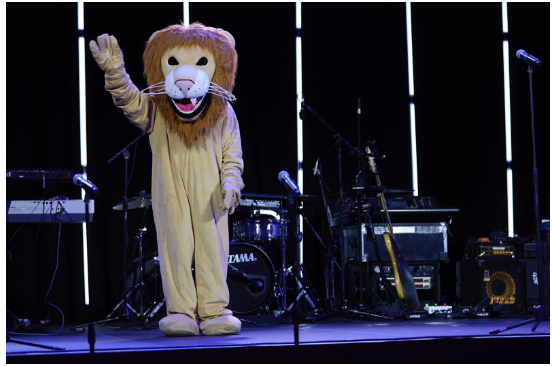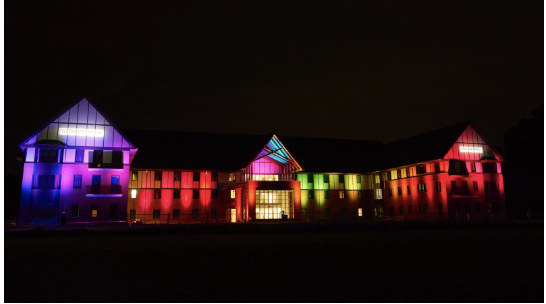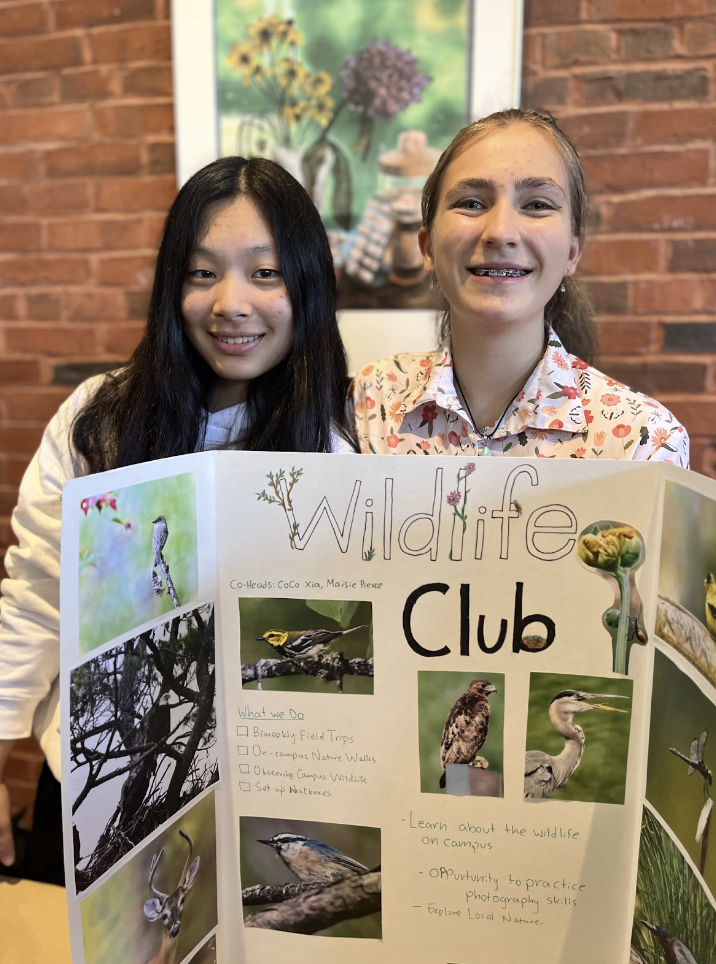Jonathan Hernandez ’24 interviews Ms. Anna Merlan
How do you feel you will be able to contribute to this year’s theme: Conspiracies and Consequences?
“I'm going to focus on the ways that conspiracy theories are used by both people in power and people with no power people who are disenfranchised, and the ways that conspiracy theories can be used to coalesce anger against a common enemy, if you're someone in power, or can be used to create a narrative around your oppression if you're an oppressed person.”
How did you become interested in writing about conspiracies?
“When I was in high school, I read a book called “Them: Adventures and Extremists” by a journalist named Jon Ronson. It was him profiling all of these interesting, unusual, in some cases, quite infamous people like Alex Jones, such as a British conspiracy theorist named David Icke. And so I was interested in conspiracy theories as subjects that I read about in my free time. The main thing that led me to covering them more or less full time was that [when] I went on a cruise for conspiracy theorists in 2016. I wrote a big story about that. And that experience led me to think that conspiracy, culture and conspiratorial ideas and narratives had way more effect on the so-called mainstream than I understood, and that I should spend more time trying to understand that.”
What inspired you to be a Journalist?
“So I thought I was going to study journalism in college, and then I didn't, because the college that I went to, like, discontinued their journalism program. So I didn't, I studied literature, and I worked at a record store. And then at some point, I got an opportunity to be an intern for a local, like, weekly newspaper, and I realized that this is what I really liked doing. But I was writing about art, and I didn't, wasn't actually very good at that. And as soon as I did a news story, I realized, ‘Oh, this is great.’ This is a way to solve problems, to explain to people what's going on[, and] to create…a better understanding for folks about the world around them. And then I realized that what I actually wanted to do was I wanted to write features, I wanted to write long stories that blended investigation and narrative, what sometimes called narrative nonfiction, I wanted to describe scenes, I wanted to be able to write in the way that people write, you know, in novels, but in a, you know, in a real a nonfiction sense.”
Where do conspiracy theories come from?
“Conspiracy theories are an outgrowth of the normal way that people engage in thinking about politics, thinking about society, and really thinking about the world. There's a really great book by a guy named Rob Brotherton, who's a psychology researcher, and it's called ‘Suspicious Minds’, it's about the ways that our brains are formed to see patterns and make connections. This is probably like an evolutionary thing, maybe we don't really know. So we are very prone to seeing patterns[,] making meaning, drawing connections between world events, even if there isn't necessarily an actual connection. It's just…a thing that we do. And so it's very understandable that when we look at complex world events, and especially things that impact us, that we want to create a narrative that makes sense that sort of feeds our desire for an explanation about how things work. And in most cases, successful conspiracy theories also feed into what people already believe [and] it kind of … helps reinforce what people already think about the world. So a lot of conspiracy theories, the ones that you believe are very dependent on, like, your sort of place in society, your cultural and social and political values.”
What is your most memorable experience with writing about conspiracies?
“Definitely the cruise is a top memory. I remember this being memorable because it sort of introduced me to the world of conspiracies. It allowed me to gain insight and see and talk with people who believe in a myriad of conspiracies…. Another time I think is notable is when I went to a white supremacist rally. When reporting, I was surrounded by all these people who, you know, thought that they were able to identify Jews and were talking about the ‘Jewish Problem’ in America. I was talking to this one guy and he was saying how it’s amazing that we can all come here together to address the Jewish Problem facing America. I am actually Jewish, and so I told this guy, ‘Actually, I’m Jewish.’ He was shocked, he had gone white (whiter than he was before) and it took him a second. It took him a second to register and realize that he was talking to a Jewish person. He was shocked because he had such a clear idea in his mind of what a Jew looked like and how they behaved, and thought, like so many others that he could so easily identify a Jewish person.”
Anna Merlan's insightful presentation was very well-received by the St. Mark's audience. It marked a successful start to the Gray Colloquium program, fully reflecting the unstinting efforts of the organizing committee, and Ms. McCann, Gray Colloquium Coordinator. The next presentation will take place on Thursday, December 1st with the visit of Gish Jen, a contemporary American author and speaker.
More information about upcoming Gray Colloquium speakers is here: https://www.stmarksschool.org/academics/signature-programming/gray-colloquium/gray-colloquium-details


















